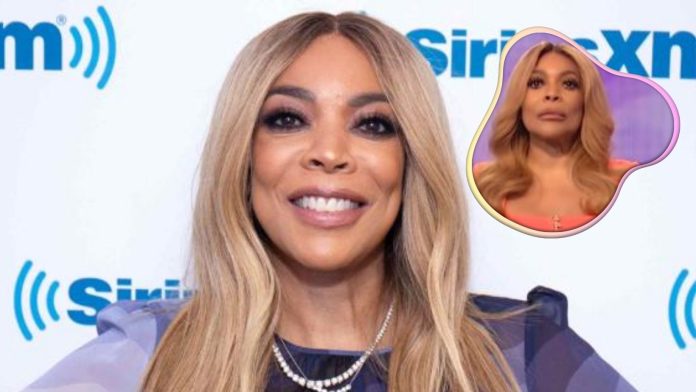- The documentary has raised questions about the guardianship system, highlighting its potential failures and lack of due process.
- There are concerns that the docuseries may exploit Williams for shock value and profit, potentially harming her and others with similar challenges.
- The series has sparked discussions about the abusive nature of guardianships and conservatorships, with specific concerns about the guardianship of Wendy Williams.
Newsypeople- The producers of the Lifetime docuseries “Where Is Wendy Williams?” have expressed concerns about Wendy Williams’ living conditions under a conservatorship during the production of the show. Mark Ford and Erica Hanson, the executive producers, highlighted their worries about Williams’ circumstances, including her living alone and without food in her refrigerator, and their efforts to reconnect her with her family.
They emphasized the importance of family involvement in her care, suggesting that they felt her family was better equipped to support her than a stranger.

The documentary was filmed without the producers being aware of Williams’ frontotemporal dementia (FTD) diagnosis. After the diagnosis was revealed, they had several questions about why Williams was not receiving adequate care and why her legal and financial guardian, Sabrina Morrissey, was not responding to calls for help. Morrissey has not responded to the documentarians’ allegations but filed a lawsuit to block the documentary from airing, accusing it of exploiting Williams and portraying her in a demeaning manner.
Wendy Williams was placed under a conservatorship in early 2022 after Wells Fargo froze her accounts, leading to a temporary financial guardianship. This decision was based on allegations that she was of “unsound mind” and at risk of financial exploitation due to cognitive issues. Morrissey has claimed that the documentary incorrectly states that Williams is “broke” and implies her disoriented demeanor is due to substance abuse and intoxication. She also argued that the documentary did not seek or receive court and guardian approval for the contracts, which is required for the release of a documentary with privately-shot footage.

The producers have defended their decision to continue filming the documentary, stating that they were concerned about Williams’ well-being and felt it was important for families to be able to call out abuses if they felt they were occurring. They emphasized the complexity of the situation for Williams’ family and expressed their belief that the family, who care deeply for Williams, should be involved in her care rather than a stranger.
The documentary aimed to expose the “dire” living conditions under Williams’ guardianship, highlighting the concerns of the producers about the lack of family involvement in her care. They noted that the family was removed from the process by the courts, preventing them from getting involved in her medical care, which they felt was crucial for her well-being.



